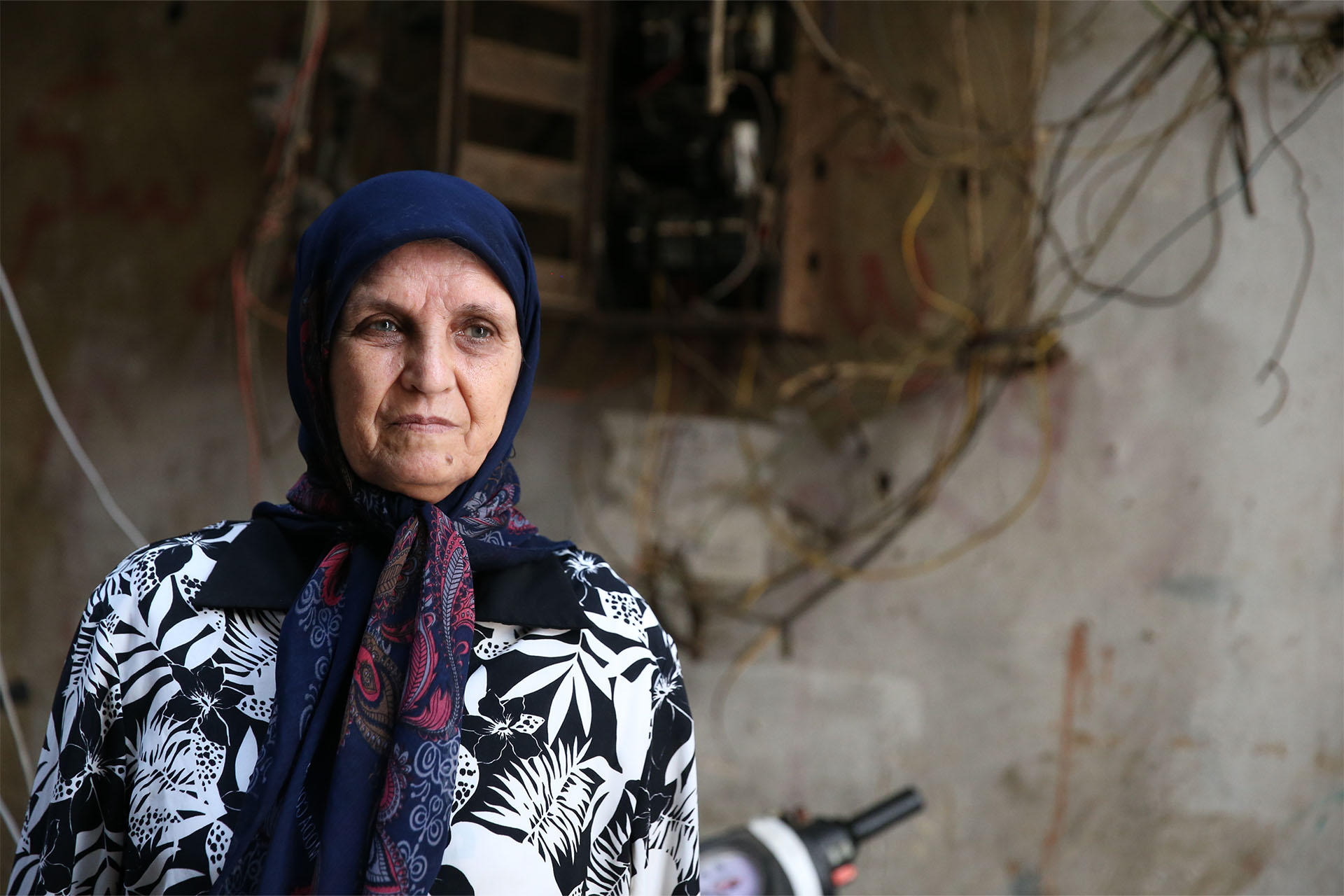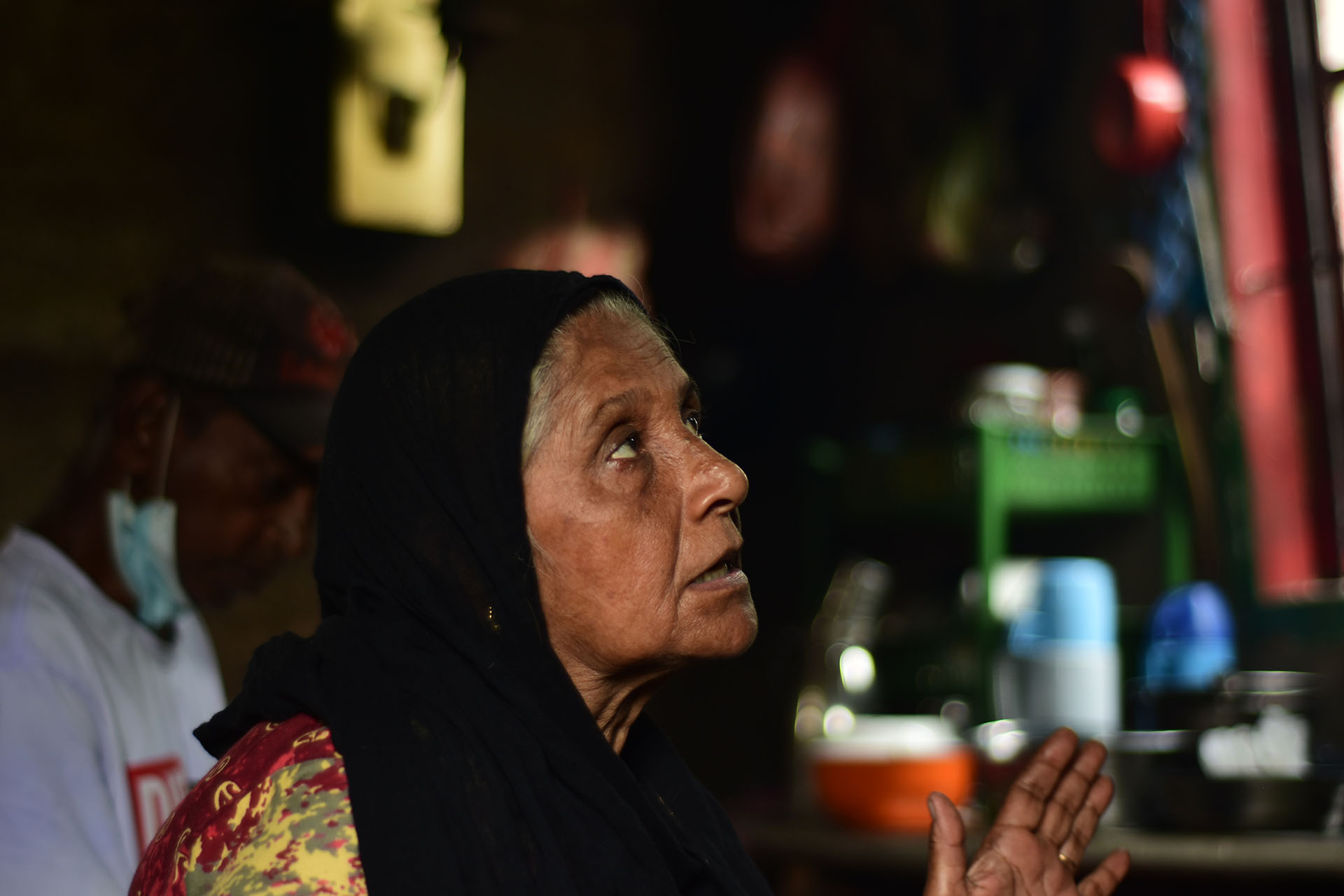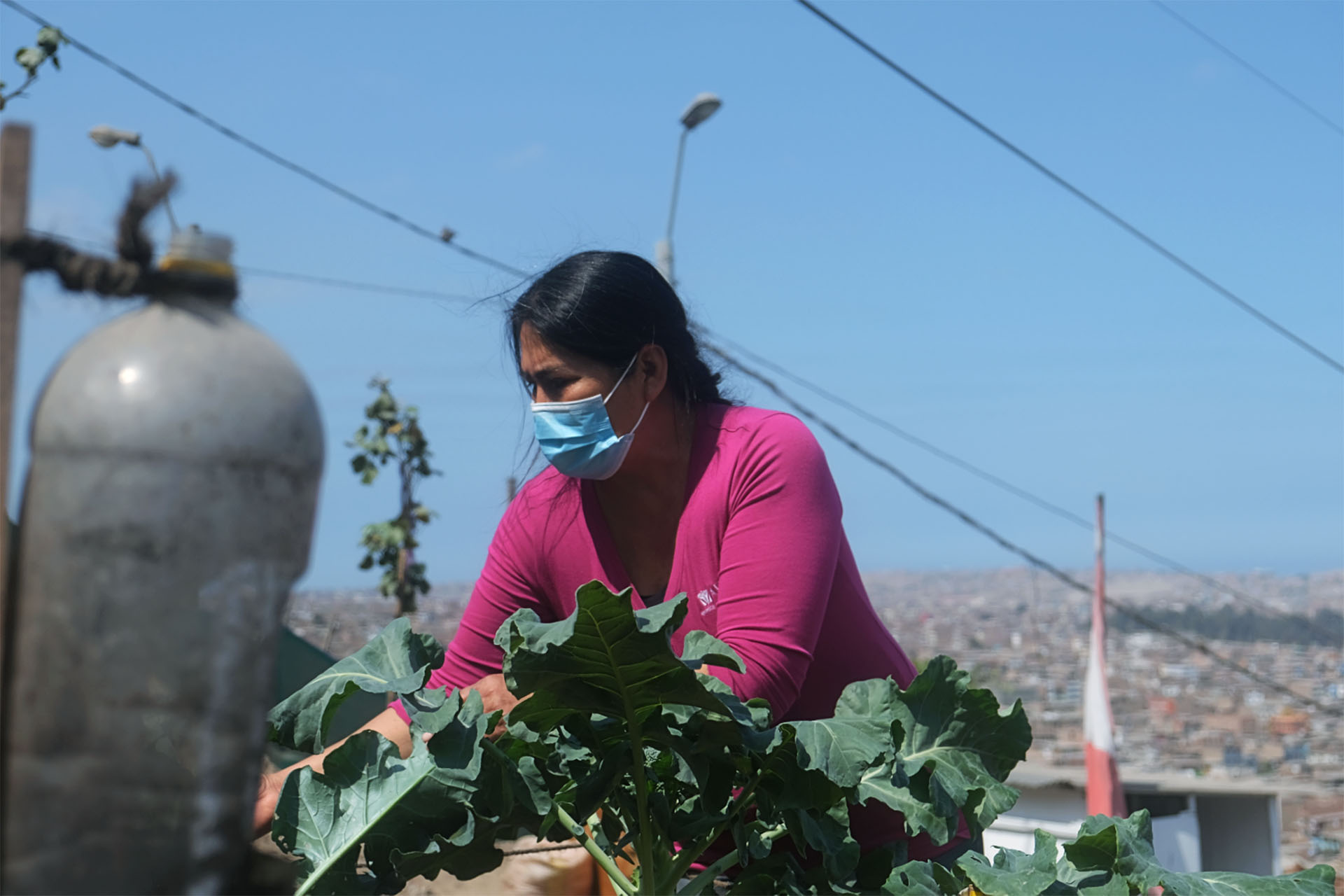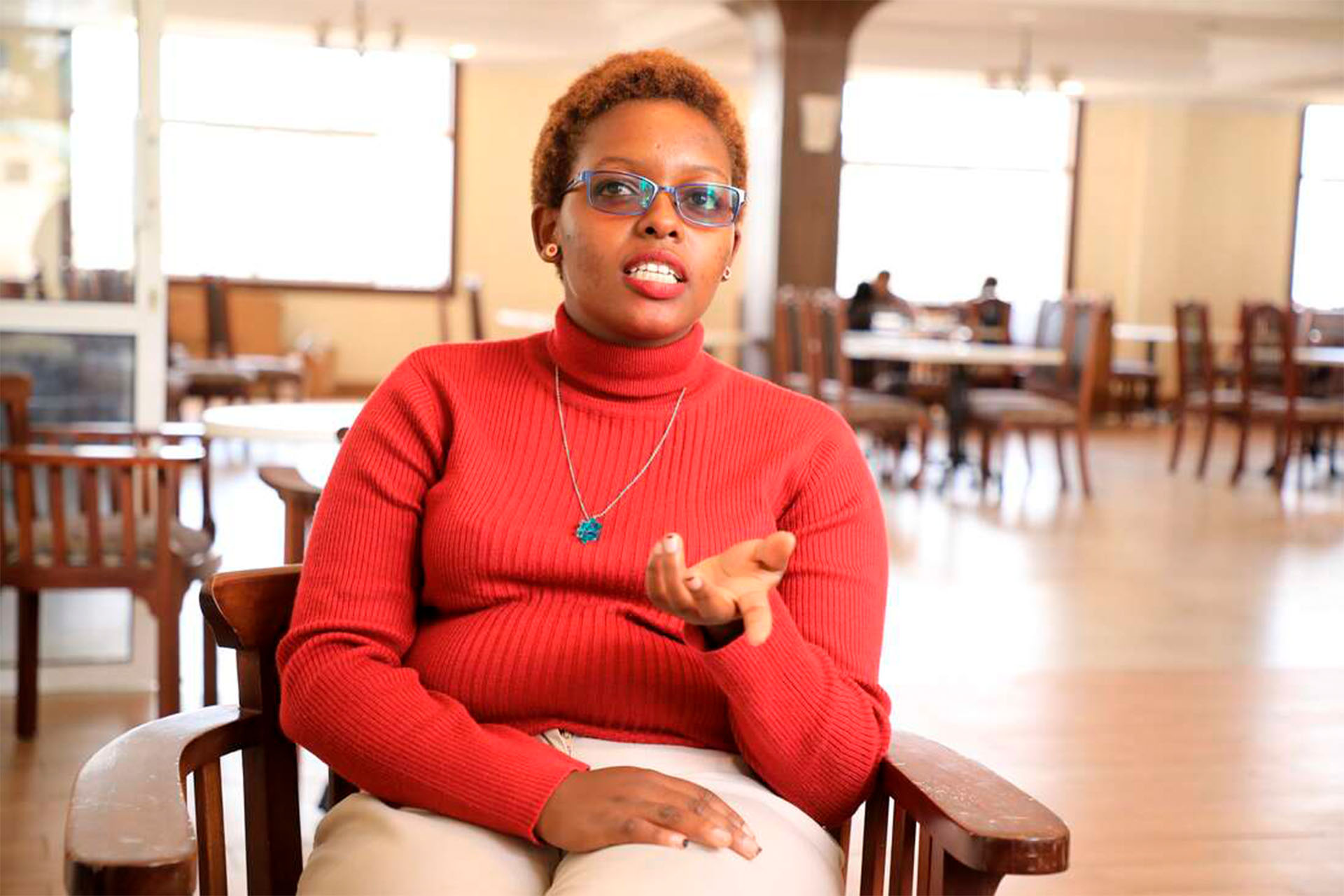Maureen Faustina, 29, works as an operations officer in Nairobi, but recently moved out of the city to save on rent. This is her story in her words, edited for length.
***
I used to live at Fedha Estate in Nairobi’s metropolitan area. I now live in a sleepy little town along Kangundo Road, about 40 kilometres (25 miles) from the capital city. I have to wake up very early to get to work on time.
My husband and I drive our family car from our homestead to a nearby gas station and park it there. We then board a matatu (public minibus) to work, to cut back on fuel costs. We would normally drive all the way to work, but the fuel prices are too prohibitive. A thousand Kenyan shillings’ ($9) worth of fuel could last an entire week, but recently that amount barely lasts a day.
A lot of things have changed since the big move. None of these changes are out of my own accord, but I have been caught between a rock and a hard place. In this economic climate, something had to give. We had to move houses to cut costs on rent. I no longer spend my evenings cooking and doing homework with my three children. The time I spend commuting is so long that by the time I get home, my children are already asleep.
Since the introduction of a four-term academic year, we have had to live frugally in order to raise school fees. My husband asked me the other day why we were not having meat for supper. Well, I have had to make major changes to our diet because of the skyrocketing food prices. I buy more vegetables and plant-based proteins than meat and milk products.
I would love to buy some meat but I cannot buy a kilogram for 520 shillings when the same used to retail for 300 shillings.This is part of the reason we moved to the outskirts of Nairobi.
There is a sense of community where I live. It is easy to barter commodities with my neighbors in case I run out of something. I started growing maize in my backyard that I exchange for vegetables. I also get cow milk from my neighbors since it is cheaper than pasteurized milk from the supermarket.
I hope my children do not feel the pinch of these dire times. We moved them to different schools where they provide for a book fund. My two eldest children can get books from their schools and I don’t have to constantly buy them at the beginning of every academic year.
I no longer buy their school shoes from Bata because of the hefty prices. School shoes used to retail at 1,500 shillings but today the same pair goes for 4,000. There are more affordable local shoemakers in Limuru town where I have started purchasing shoes from.
I am contemplating taking my youngest child who is two years old to school early. Even though the requisite age for starting is four years, it would be cheaper for him to be in school than keeping our live-in nanny.
Sometimes I forget about my personal needs. I don’t remember the last time I went to a spa. I am not complaining, but I miss having time and money for myself. Part of the reason why I cut my dreadlocks was to reduce the amount of money I spend on hair maintenance.
I have to do everything within my capability to ensure my family is well taken care of. I do not regret the sacrifices I have made because I know I am not in this alone. I talk to my colleagues, relatives and friends and the situation is the same across the board. In the meantime, I am taking one day at a time.
Editor’s note: The Fuller Project and the Nation produced this dispatch as part of our “Financial Pandemic” project, a collection of firsthand accounts on how the cost-of-living crisis is affecting the daily lives of women around the world.


Financial Pandemic: ‘Sri Lanka is not a country for poor people now’



 Agatha Gichana
Agatha Gichana
